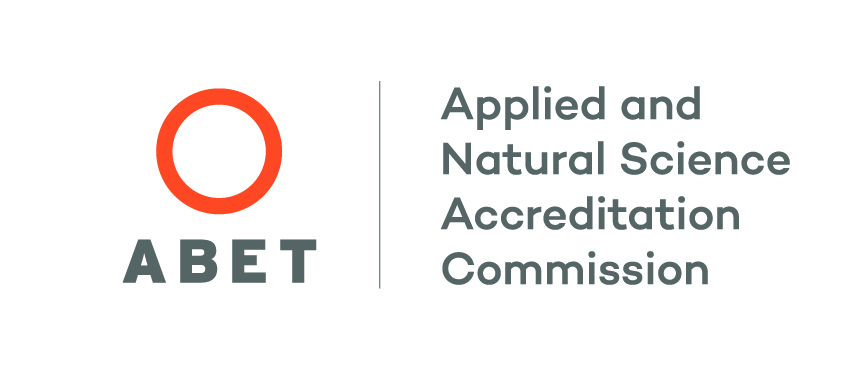Accreditation
CONSTRUCTION ENGINEERING AND MANAGEMENT – EAC, ANSAC


PROGRAM EDUCATIONAL OBJECTIVES
The graduates of the BSCEM program:
-
Will contribute to advancing the construction engineering and management profession by driving innovation and efficiency.
-
Will contribute to workplace safety and public safety near construction operations.
-
Will be adaptable, competent, and ethical professionals displaying strong technical, entrepreneurial, and interpersonal skills.
-
Will be effective at communicating and collaborating with diverse multi-disciplinary and multicultural teams.
-
Will enrich the quality of communities by providing sustainable solutions.
- Will be lifelong learners and contribute to the training and education of future professionals.
The graduate of the BSCEM program will have:
-
An ability to identify, formulate, and solve complex engineering problems by applying principles of engineering, science, and mathematics.
-
An ability to apply engineering design to produce solutions that meet specified needs with consideration of public health, safety, and welfare, as well as global, cultural, social, environmental, and economic factors.
-
An ability to communicate effectively with a range of audiences.
-
An ability to recognize ethical and professional responsibilities in engineering situations and make informed judgments, which must consider the impact of engineering solutions in global, economic, environmental, and societal contexts.
-
An ability to function effectively on a team whose members together provide leadership, create a collaborative and inclusive environment, establish goals, plan tasks, and meet objectives.
-
An ability to develop and conduct appropriate experimentation, analyze and interpret data, and use engineering judgment to draw conclusions.
- An ability to acquire and apply new knowledge as needed, using appropriate learning strategies.
AND
-
An ability to identify, formulate, and solve broadly defined technical or scientific problems by applying knowledge of mathematics and science and/or technical topics to areas relevant to the discipline.
-
An ability to formulate or design a system, process, procedure or program to meet desired needs.
-
An ability to develop and conduct experiments or test hypotheses, analyze and interpret data and use scientific judgment to draw conclusions.
-
An ability to communicate effectively with a range of audiences.
-
An ability to understand ethical and professional responsibilities and the impact of technical and/or scientific solutions in global, economic, environmental, and societal contexts.
- An ability to function effectively on teams that establish goals, plan tasks, meet deadlines, and analyze risk and uncertainty.




